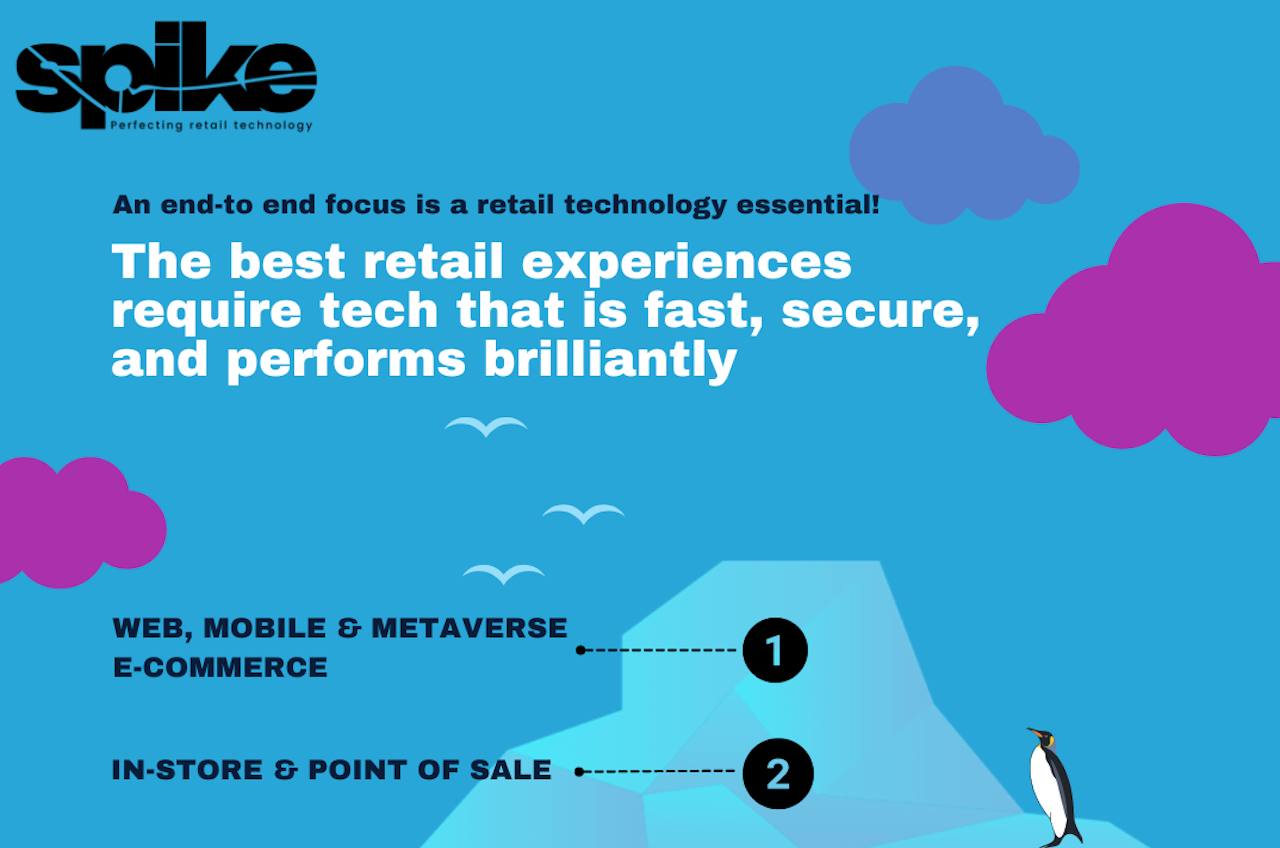Retailers must use automated testing to their advantage
For retailers in 2020, it really is a year of two halves. The first six months brought lockdown, a shutdown of non-essential retail, and a chance to...
As the gravity of Covid-19 continues to affect our lives, societies, economies and livelihoods, it is clear that this unforeseen turn of events has made it necessary for us to adapt and change the way we work, socialise and communicate. As a result, our dependency on technology and how we use it has never been greater, alongside the need for technical support and rapid solutions to overcome immediate challenges - ensuring long-term success in the future.
Charlie Wade, UK managing director of VTS states: “What’s clear is that we are in a place where we are all having to understand and simultaneously adopt technologies so that we can work effectively because we simply have no other choice.”
Many organisations are increasing their telecommunication and video conferencing capacity to facilitate remote working. This has led to cloud computing services like Microsoft to temporarily offer free versions of their software, allowing access to new technology such as Microsoft teams, SharePoint and web-based versions of Office apps. For supply chains, virtual tools like Topolytics have been implemented to help trace products, enabling organisations to recycle discarded materials and reduce waste, whilst Deepcode are providing to developers free AI software to tackle the issue of fixing bugs in their code. Other tech companies are also developing technology to fight the virus, with Apple and Google recently announcing their collaboration to develop an app that will notify people if they have recently come into contact with someone testing positive for coronavirus.
However, despite the pandemic driving new technological advancements, our increasing reliance on internet-based systems continues to cause major IT and technical testing challenges.
Angelique Medina from cloud intelligence firm ThousandEyes highlighted at the end of March that “within the last six weeks, we can see that the number of outages increased globally”. She adds: “Sporadic increases are not atypical under normal Internet conditions, as the number of daily and weekly outages can change for a variety of (mostly unpredictable) reasons. However, we have seen a concerning upward trajectory since the beginning of this month coinciding with the broader spread of COVID-19.”
With millions of us telecommuting and networking from home, internet-service providers have come under increasing pressure to keep up with the global bandwidth demand, resulting in high-tech companies, conferencing services and streaming providers to feeling the effects. For example, YouTube have reduced the quality of their videos to standard definition, whereas social media messaging apps like WhatsApp have limited their forward messaging to counteract fraudulent or misleading information. Even Microsoft went through a rough patch, receiving complaints from users not being to make calls or join conferences. Furthermore, some businesses lack the equipment and technological infrastructure to secure devices and sensitive data as their VPN capacity has reached its limit and therefore cannot be accessed by employees working from home.
Skill shortages continue to cause difficulties in maintaining high levels of software and systems quality, where individuals simply don’t have the knowledge or technical ability to quickly identify and resolve critical issues, whilst also maintaining momentum on any strategic projects. This is further compounded by in-house teams having less experience in effectively collaborating whilst working remotely. Seeking support and advice from specialist testing consultancies with the experience and skills in these new ways of working is a proven way forward to maintain business continuity and minimise risk.
Overall, flexibility and resiliency are qualities that worth their weight in gold and must be taken into consideration when building upon your IT management and processes as they evolve. Having a clear view on how to spend wisely, identifying strategic tactics and properly testing software remotely, are just some of the ways in which Spike95 can help during these difficult times. As a technical testing company, we are offering free 30 minute advisory sessions and support in making sure your software is reliable, scalable and delivers the experience you and your customers expect.
Grab a slot in our diaries here for a complimentary 30 minute chat , or if we’re already connected you can of course just drop us a line or give us a call![vlt_social_share title="Like this post? Please share!"]

For retailers in 2020, it really is a year of two halves. The first six months brought lockdown, a shutdown of non-essential retail, and a chance to...

The past 12 months brought unprecedented and unpredicted disruption to the retail sector, with COVID-19 barely on the long-distance radar as the...

1 min read
That is the question on everyone’s minds. The coronavirus has shaken up the world and left many of us feeling dizzy at the prospect of not only how...

Bringing Retail Technology To Life - Assurance & Confidence Our role is to bring retail technology to life, which in short means providing confidence...

The retail technology iceberg illustrates the complex landscape of retail tech.

AI-Powered Technology is Fundamentally Changing Retail As AI-powered technology continues to evolve, we can expect to see even more innovation in the...
